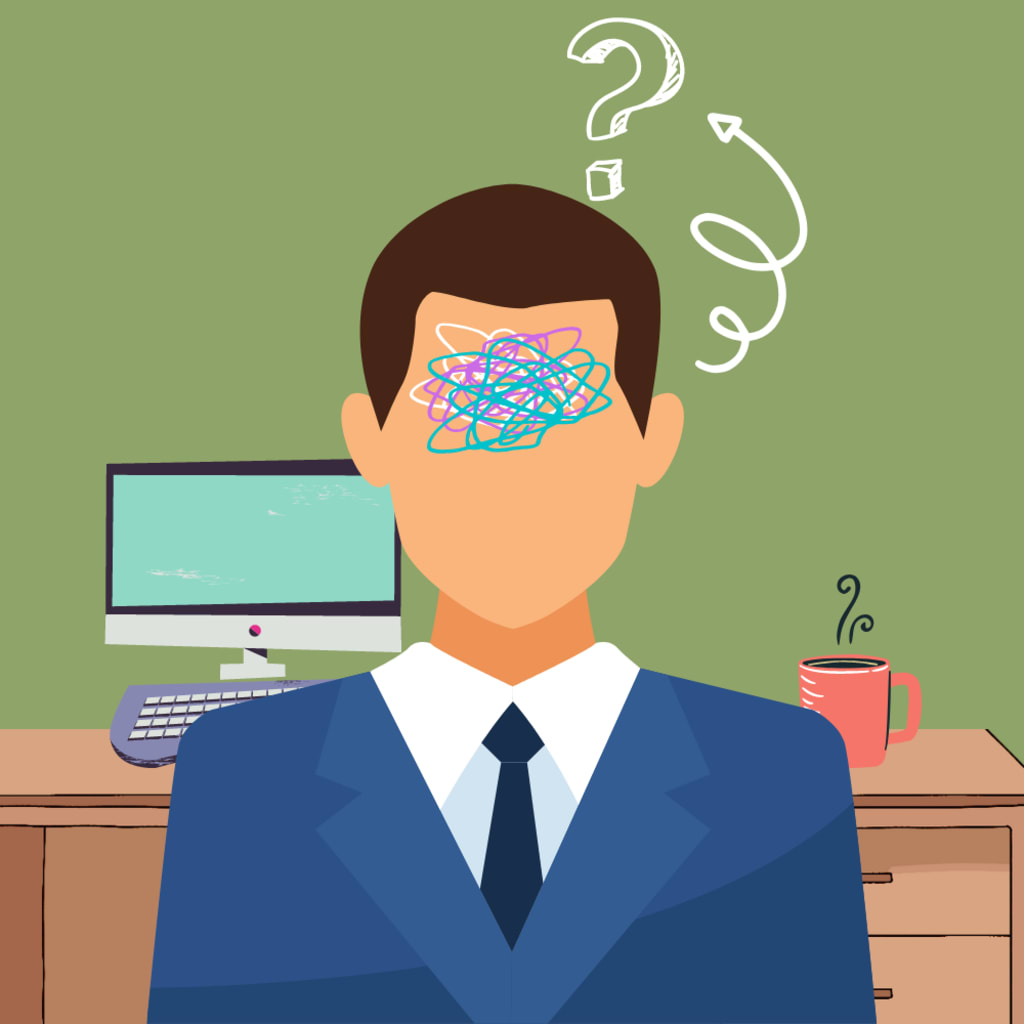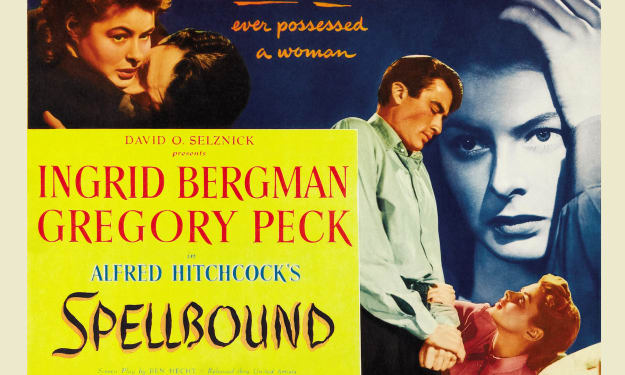The Office: Michael Scott and ADHD
This character might be more than a goofball to those of us who grew up with ADHD.

The Office is one of my all time favorite shows. It has made me laugh, helped me fall asleep, and has even caused me to develop immunity to secondhand embarrassment. And the king that secondhand embarrassment? Michael Scott.
Michael is an interesting person with a number of colorful personality traits that could make him eligible for all sorts of diagnoses. He’s vain, yet has a sensitive side, socially awkward, wants friends but can’t seem to make them, and gets sidetracked with all sorts of tasks. I’ve seen diagnoses for Michael Scott that range from narcissistic personality disorder to autism. But there’s one diagnosis I haven’t seen too many people talk about in the many Office-centered Facebook groups I’m in, and that might be because it’s a diagnosis that isn’t as sexy as a lot of others: attention deficit hyperactivity disorder, also known as ADHD. This might be obvious to some, and not so obvious to others, but either way, I want to talk about it.
Some of Michael’s symptoms are stereotypical ADHD (hyperactivity, getting distracted), but others, not so much (Rejection Sensitivity Dysphoria and hyperfocus as just a few examples). Fans of The Office have seen Michael become distracted and be a nuisance to many of his coworkers. However, not everyone might guess that Michael has ADHD when he gets his feelings hurt when he awkwardly tries to bond with peers and they reject him or do something without him. Rejection sensitivity dysphoria is what I identified in Michael when I related to his behaviors as I struggle with ADHD. RSD is not just a symptom of ADHD, but it’s certainly a less well known one. RSD is basically defined as a sensation of pain and emotional intensity at a higher level than most people experience when criticized or rejected by someone. Once internalized, this feeling can make someone who was feeling perfectly fine become extremely sad or distraught. To avoid or cope with this feeling, those who experience it may become people pleasers, or the opposite, they just stop trying. I think we see both of these results at some point with Michael.
Another symptom that is often not necessarily known or talked about with ADHD is hyperfocus. This is a bigger symptom I noticed in Michael after I was diagnosed and researched further into the disorder, having observed it in my own behaviors. Hyperfocus might normally be seen as distractibility, but it’s a little different. It’s what one might call a superpower, if one knows how to utilize it in a helpful way, but unfortunately, a lot of us ADHD folks haven’t quite figured out how to do that. The thing about hyperfocus is that once a person has something they are focusing on, it consumes them for hours to the point where they often forget about basic needs such as drinking water or going to the bathroom. It often leads to impulsively spending lots of money, making bad decisions, and often both. (remember when Michael didn’t get any work done all day because he was focused on dating a chair model, or eating a sweet pretzel, or the thousands of other times he became distracted?)
However, we also see how hyperfocus can benefit Michael at his job, along with other ADHD superpowers like creativity and seemingly random moments of brilliance. We see throughout the show that he’s a great salesman. We also see how his hyperfocus and creativity come together to pull together a great ad at the last second that everyone in the office loves, even though the corporate jerks reject it later.
An ADHD brain works differently than a neurotypical one, which can be both a hindrance and a help. While his employees may have thought it was annoying, and even if it wasn’t the most conventional idea, it’s totally an ADHD moment of both hilarious and weird creative energy that went into Michael deciding to decide his replacement for his job based on who won the games at Beach Day. His unconventional management practices are also what led his team to eventually holding onto the company for dear life while all their other branches were failing. The problem with us ADHD people, though, is that we have a hard time explaining how we got to where we are. Our minds move so fast and make connections so rapidly and often without any sense that can be explained, that we have trouble verbalizing our thought process surrounding creative ideas, That’s why another reason I think Michael has ADHD: the iconic scene where he is invited by his boss to the corporate office to explain why his branch is doing so well. Michael explains his thinking in a way that makes sense to him, but it’s clearly meant to be confusing to David and the audience.
A personal connection I have made with Michael that may or may not be ADHD related is the need to overcompensate or overly explain topics when people already understand what is being said or the lesson that is being taught. While I’ve never tried to jump off a building to get attention and to teach a lesson about workplace safety, sometimes I have the tendency to frustrate people I’m interacting with by giving examples. This may be from feelings of inadequacy or being misunderstood a lot of the time. Michael faces these challenges, but isn’t self-aware enough to realize it, and often instead overcompensates in a desire to be likable or to push his point home.
This leads into the last thing I want to mention about Michael Scott and ADHD- the lack of social skills. While there is no excuse for some of the things Michael does, some of it definitely comes from a place of wanting to belong or just not knowing the rules of social interactions, which is something that many neurotypical people inherently pick up on. I’ve heard the theory that Michael (and Dwight) might be autistic, but for Michael, that just doesn’t quite suit him. However, ADHD and autism are similar in several ways, one of them being the lack of social skills. This is a more stereotypical symptom for both disorders, but within this similarity, I want to make the comparison to show that ADHD isn’t as mild as some people think, and the struggles are closer to a diagnosis that people tend to take more seriously (autism).
Michael might seem like a silly goofball who has brought many of us joy for a long time, but underneath it all, he represents many of us who struggle with some of the same things that he does. Representation in media, even if we have to speculate on it, is important, and I’m glad the character of Michael Scott exists.
About the Creator
Jessica Mann
I appreciate the complexities and nuances of life, and see nothing as black and white. Social issues and mental health fascinate me, as I live with depression and ADHD. I have a bachelor's degree in sociology, and could study it forever.
Reader insights
Nice work
Very well written. Keep up the good work!
Top insight
Heartfelt and relatable
The story invoked strong personal emotions






Comments
There are no comments for this story
Be the first to respond and start the conversation.